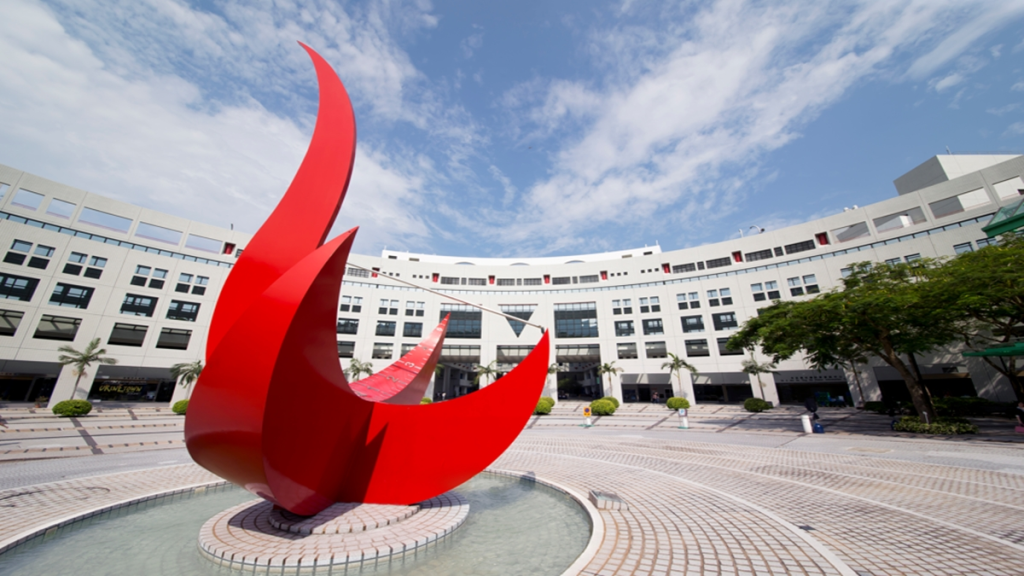
Portugal’s green political party, Livre, has put forward a proposal to grant Portuguese nationality to stateless individuals who have lived in the country for at least three years, as long as they have a sufficient command of the Portuguese language and do not pose a security threat. The bill, which is set to be discussed in Parliament on January 30, is aimed at addressing the issue of statelessness, particularly affecting individuals from former Portuguese colonies who arrived in Portugal during the independence wars or those who lost their Portuguese nationality. It also includes children and young people who entered Portugal without documentation, often unaccompanied by adults, Schengen.News reports.
According to the UN Refugee Agency (UNHCR), stateless individuals in Portugal primarily come from regions such as Palestine, Iraq, and Western Sahara. Cláudia Pedrosa, Director of the Legal Department of the Portuguese Council for Refugees, spoke with Jornal de Notícias and highlighted the countries from which many stateless individuals are entering Portugal.
New Legislation on Statelessness Adopted in 2023
In 2023, Portugal’s Parliament passed a law that defines statelessness and recognizes the right of stateless individuals to receive travel documents and statelessness status. Law No. 41/2023 updated several provisions of the Asylum and Immigration Acts. However, additional legislation is needed to establish a formal process for determining statelessness, set safeguards for applicants, and outline the rights granted to those who are recognized as stateless.
Under Portugal’s existing law, Law No. 37/81, newborn children found in Portugal are presumed to have been born in the country unless proven otherwise. Additionally, this law stipulates that the Portuguese government shall grant nationality by naturalization to minors who meet specific conditions. These include minors born in Portugal to foreign parents, where at least one parent has legally resided in Portugal for five years, and the child has attended at least one year of preschool or primary, secondary, or vocational education.
This proposed reform by Livre seeks to extend Portugal’s commitment to aiding stateless individuals, offering them the opportunity to gain citizenship and enjoy the rights and privileges associated with being Portuguese.




















